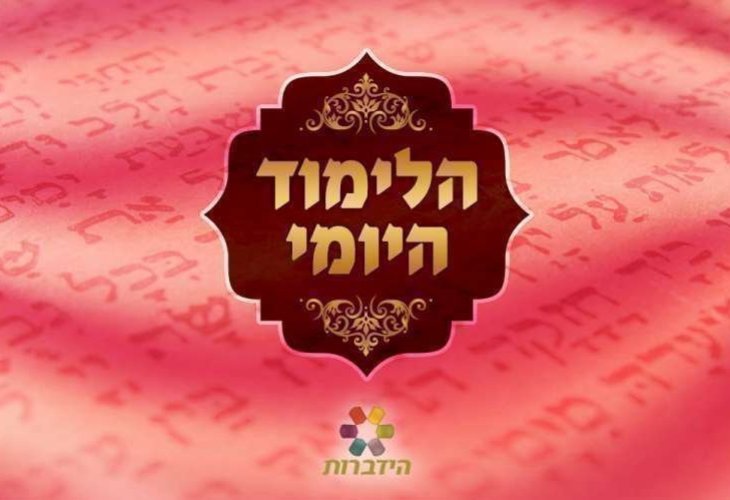Jewish Law
What to Do If You Can't Remember Whether You Prayed
Mistakes happen to us all, and there's always a way to fix them

Prayer with joy
Rabbi Yehuda HaChassid wrote: "The root of prayer is the feeling of joy in one's heart [at being connected to] Hashem, as the Torah states: 'Glory in His holy name, let the heart of those who seek Hashem rejoice.'
"This is why King David would play the harp for all his prayers and songs, in order to fill his heart with joy in his love for Hashem."
(Sefer Chassidim, sign 18).
***
We can all aspire to this level of prayer. However, we live busy lives and it's not always so easy. What happens if we're so tired that we can't remember whether we prayed, or we get confused in the middle of praying and don't recall whether we recited all the blessings?
According to Rabbi Ovadia Yosef ztz"l (of blessed memory), someone who isn't sure whether they recited the Amidah prayer should recite it again (regardless of whether the prayer concerned was Shacharit, Minchah, or Arvit -- the morning, afternoon, or evening prayers). Before praying, the person should state to himself, "If I didn't yet pray, I am now fulfilling my obligation. And if I did, let this prayer be considered a voluntary offering."
However, if the person starts reciting the Amidah and suddenly remembers that they did already pray after all, they should stop immediately and recite, "Blessed be the name of His glorious kingdom forever and ever." This applies to Shacharit and Minchah -- but for Arvit, the person should continue the prayer with the intention that the prayer is voluntary, and they should also add in a personal request in the appropriate place.
A person who gets confused in the middle of the Amidah and can't remember where they're up to should continue from right after the last blessing they're sure they recited.
These laws apply equally to men and women.

